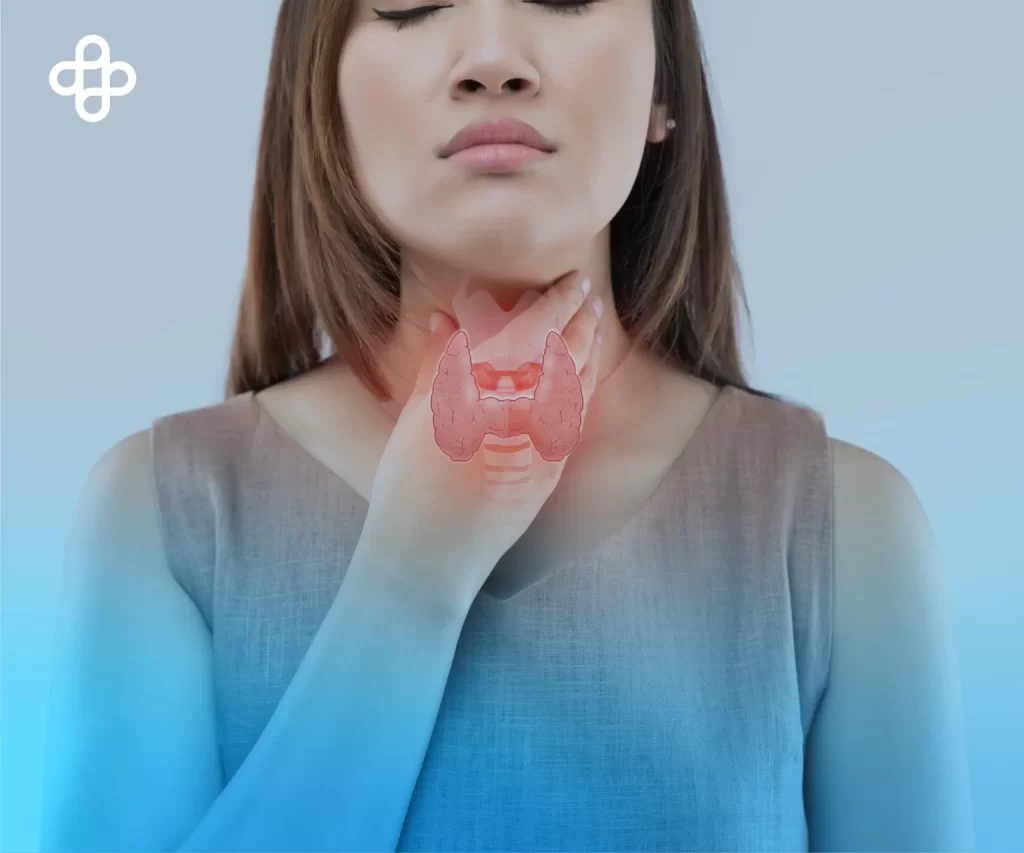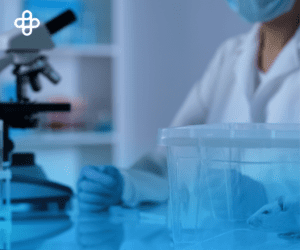What is Hypothyroidism?
Hypothyroidism is when the thyroid gland does not produce enough thyroid hormones to meet the body’s needs. This hormonal deficiency can affect numerous bodily functions, including metabolism, growth, and development. While hypothyroidism is a common disorder, it tends to affect women and older individuals more frequently.
Causes of Hypothyroidism
Hypothyroidism can be triggered by various conditions and factors, including:
Hashimoto’s Thyroiditis: The most common cause of hypothyroidism, this autoimmune disease leads the immune system to attack the thyroid gland, reducing its ability to produce hormones.
Hyperthyroidism Treatment: Patients treated for hyperthyroidism with antithyroid medications or radioactive iodine may develop hypothyroidism.
Thyroid Surgery: Partial or total thyroid gland removal can produce insufficient hormone.
Radiation Therapy: Radiation used to treat cancers of the head and neck can damage the thyroid gland.
Iodine Deficiency: Iodine is critical for thyroid hormone production, and a deficiency can lead to hypothyroidism.
Congenital Disorders: Some people are born with a thyroid gland that doesn’t function properly.
Pituitary Disorders: Problems with the pituitary gland can interfere with the production of thyroid hormones.

Diagnosis of Hypothyroidism
Diagnosing hypothyroidism typically involves a clinical evaluation and laboratory tests. The typical steps include:
Medical History and Physical Exam: The doctor reviews the patient’s symptoms and medical history and performs a physical examination.
Blood Tests: Laboratory tests measure thyroid-stimulating hormone (TSH) levels and thyroid hormones (T4 and T3). High TSH levels and low T4 levels often indicate hypothyroidism.
Antithyroid Antibody Tests: In some instances, doctors may perform tests to detect antithyroid antibodies, especially if they suspect autoimmune thyroid disease like Hashimoto’s thyroiditis.
Treatment of Hypothyroidism
The primary treatment for hypothyroidism is hormone replacement therapy, which involves taking synthetic thyroid hormones to normalize hormone levels. The following steps are typically involved:
Levothyroxine: Patients take this synthetic form of the T4 hormone as a daily pill. Doctors tailor the dosage to each patient’s needs based on blood test results.
Regular Monitoring: Doctors require patients to have regular blood tests to ensure hormone levels remain within the normal range, and they may adjust dosages as necessary.
Lifestyle Adjustments: Besides medication, specific dietary and lifestyle changes can help manage symptoms. A balanced diet rich in iodine may be beneficial.
Conclusion
Hypothyroidism is a treatable condition, but it requires proper diagnosis and ongoing management to maintain quality of life. Hormone replacement therapy is highly effective and enables most individuals to lead healthy, everyday lives. If you suspect symptoms of hypothyroidism, seek medical advice for accurate evaluation and effective treatment.
Finally, visit our article Stem Cell Advances in Arthritis Treatment: Insights from 2023 and 2024





